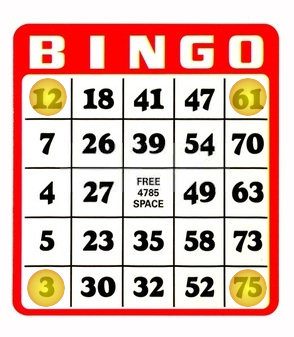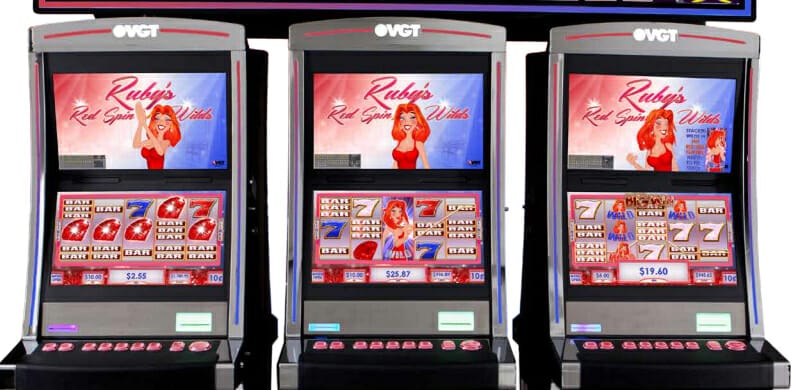To understand how, or even why bingo-based slot machines exist, it helps to have a quick background on Native-American (NA) gambling.
The Indian Gaming Regulatory Act
The IGRA was signed into law in 1988 and established the framework for Indian gaming. It gave the authority to tribes to conduct, license, and regulate gaming.
Play the best online slots and table games at Mecca Bingo. Here at Mecca Bingo, we offer a wide range of bingo games, slots, and table games to ensure there’s something for everyone. We want to give our loyal players an unrivalled online gaming experience,. Top 4 Slots Casinos. Lucky Tiger Casino. Exclusive Sign Up. Players Accepted. Las Vegas USA Casino. ‘BINGO’ SLOT MACHINES EXPLAINED. Slot Machines, Bingo Machines and VLTs Questions and Answers.
Class I, II, and III Games
For legal reasons, the IGRA created 3 different classes of gambling. Class I refers to simple, traditional social games for small prizes and is not controlled by the IGRA. You won’t find these at casinos.
Class II games are games of chance based on bingo and similar games, like pull-tabs or lotteries. Class II games are most attractive to NA casinos because not only do they not require tribes to enter into state compacts, but tribes don’t have to pay taxes on Class II gaming revenue.
Finally, Class III is a catch-all classification for games that don’t fall under Class I or II classifications. Class III includes traditional casino games such as true slot machines, roulette, craps, etc.
How Bingo-Based Slots Work
Many early NA casinos were nothing more than bingo halls. As time marched on and customers flocked to slot machines, companies innovated what essentially were (and still are) fancier displays of bingo games.

When you play a slot machine at a NA casino and there’s a bingo card somewhere on the screen, that’s a good indication you’re playing a Class II machine instead of a true, Class III slot machine.
Whereas Class III machines operate in a independent manner, Class II machines are really just an elaborate display for the bingo games running in the background. When you hit the spin button, you enter into a game of bingo. Like real games of bingo, Class II games require at least two players. If you’re at a small casino that’s not busy, the reels may spin for an abnormally long time while it waits for someone else to join the game.

And while each slot manufacturer may design their Class II game slightly differently, they always involves the same bingo elements: multiple players attempting to match certain patterns on their cards compared to numbers centrally called.
Are Bingo-Based Slots Fair?

Native American casinos often get a lot of criticism for their self-regulating nature and lack of transparency, especially when compared to Vegas casinos which are required to publish all sorts of information like payouts and revenue.
But the fact is bingo-based slots can actually be more transparent than their Class III counterparts (if someone does the legwork). Within Class II machines’ paytable will be a list of all the winning bingo patterns and resulting pays. With a little bit of effort, you can actually calculate the odds of each pattern and win and combine them to create an “expected return” value which is equal to the game’s payout. Trying to figure out the payout on a traditional Class III machine is impossible without running it through millions of spins.
Bingo Based Slots App
Class II vs Class III
Though what’s going on in the background varies between Class II and III games, the player’s experience is basically the same. Both types of games have a specific payout associated with them. The bingo balls and cards generated by Class II machines come from random number generators, just like Class III machines.


Bingo Based Slot Strategy
So while some are suspicious of Class II games and their operation, the end result is practically no different from any normal slot machine.